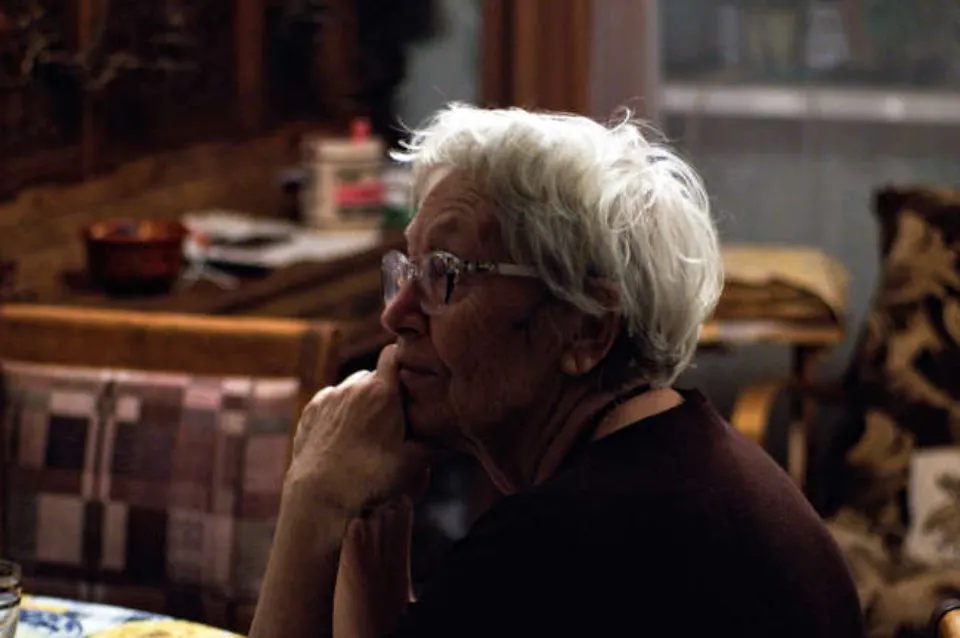You might start to doubt yourself when your parent starts to lose their independence and you can see it coming. Do I need to take action in this situation? This person really annoys me! He/she was a terrible parent! Why should I have to do this when my parents treated me so poorly when I was a child? Internal debate exists: Is this a requirement of the law?
Although there are many factors involved, in general, the answer is yes; you can decline to take care of your elderly parent. Beyond the filial responsibility laws in some states, there are no “laws” that say that an adult child is obligated to care for their aging mother or father.
Find out how to communicate with your family so that a new caregiving arrangement can be made when you are no longer able to take care of an elderly parent.
Filial Responsibility Laws
Many states have passed laws requiring adult children to take care of their parents’ basic needs as a result of older people living longer. Filial Responsibility Laws are what we refer to as such.
Such filial responsibility laws are present in more than half of the US, though the financial obligations placed on each child vary from state to state.
You don’t have to feel warm or affectionate toward your elderly parents, but ultimately, it’s a responsibility we assume from a societal and perhaps even ethical standpoint.
According to this viewpoint, people are naturally obligated to assist their loved ones who require care in later life.

The good news is that there are many resources available today for caregivers that can give you some peace of mind.
- Support groups (in-person and online)
- Sources such as Care.com where you can hire some help
- Local community social services programs
Although it can be a difficult and demanding job, providing care doesn’t have to consume your life. Asking for help is not just acceptable—it’s essential—when things get too much for you or when you need it to continue caring for others.
For the safety of your parents and your own sanity, think about looking for home care services.
Not Care for Your Parents: is It Legal?
In the United States, laws governing fiduciary obligations have existed for a while. Adult children are required by these laws to support (financially support) their financially struggling parents or other family members.
Typically, these laws require adult children (or, depending on the state, other family members) to cover their indigent parents’ or relatives’ expenses for food, clothing, shelter, and medical care. In the event that the children are unable to provide adequately, they permit nursing homes and governmental organizations to file a lawsuit to recoup the cost of caring for the parents. If adult children fail to pay filial support, they may even go to jail in some states.
There are currently laws governing Filial Responsibility in 29 States plus Puerto Rico.
- Alabama
- Alaska
- Arkansas
- California
- Connecticut
- Delaware
- Georgia
- Indiana
- Iowa
- Kentucky
- Louisiana
- Massachusetts
- Mississippi
- Montana
- Nevada
- New Hampshire
- New Jersey
- North Carolina
- North Dakota
- Ohio
- Oregon
- Pennsylvania
- Rhode Island
- South Dakota
- Tennessee
- Utah
- Vermont
- Virginia
- West Virginia
What to Do If You Don’t Want to Care for Elderly Parents?
Reorganize Your Decision
There are other perspectives on this change, though it’s common to feel guilty when you decide to stop caring for a loved one.
“I advise adult children to approach the situation as “I’ve been providing care in this way, and now I need to provide it in that other way,” rather than as an either-or choice.’ It doesn’t mean you have to stop,” says Sara Honn Qualls, the director of the University of Colorado at Colorado Springs’ Gerontology Center.
Perhaps your loved one needs more care than you are qualified to give. If so, transitioning to memory care or an assisted living community may be the most caring thing you can do.

Communicate With Your Elderly Parents
It’s beneficial to use inclusive language when outlining the necessity of a change. Siblings should understand that you are not directing their actions or coercing them into participating in activities they do not want to. The following phrases can help:
- “Here are my thoughts.”
- “I need your assistance in deciding what to do next.”
- “We’re all in this together.”
- “Have you got any more suggestions?”
The conversation can occasionally become contentious. Instead of arguing, however, tell your family that you’ve done your best and that you firmly believe it. Be composed if there is unfavorable commentary.
Confess Your Feelings
Do you believe that people are criticizing you because you weren’t a good enough daughter or sibling or because you changed your mind about taking care of your parents? Are you personally of the opinion that? Do you believe someone else could have done it more effectively? Do other people regularly criticize the decisions you make when providing care?
If so, make an effort to be compassionate with yourself and kind to yourself. When caregivers establish boundaries or alter the rules, it frequently results in feelings of exhaustion, inadequacy, or resentment.
Keep in mind that there are channels you can use to communicate with people who have experienced your situation before. Consider joining an in-person or online caregiver support group.
Summary
Despite the fact that there are no laws requiring adult children to physically care for their parents, ethically speaking, most of the time it is the right thing to do. A social worker, an elder law attorney, or a geriatric care manager can all be contacted for assistance. These experts can assist you in making the best choice for your aging parents, your family, and yourself.



